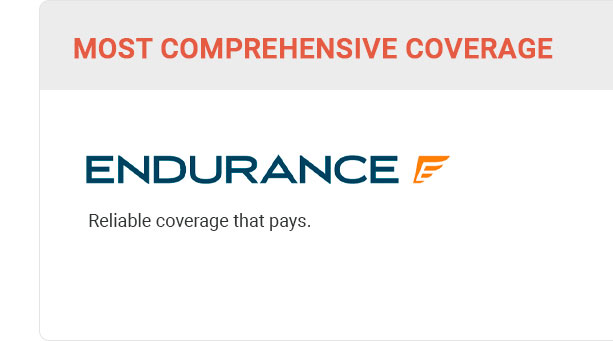 |
 |
 |
 |
 |
 |
 |
 |
 |
|||
 |
 |
|
|||||||
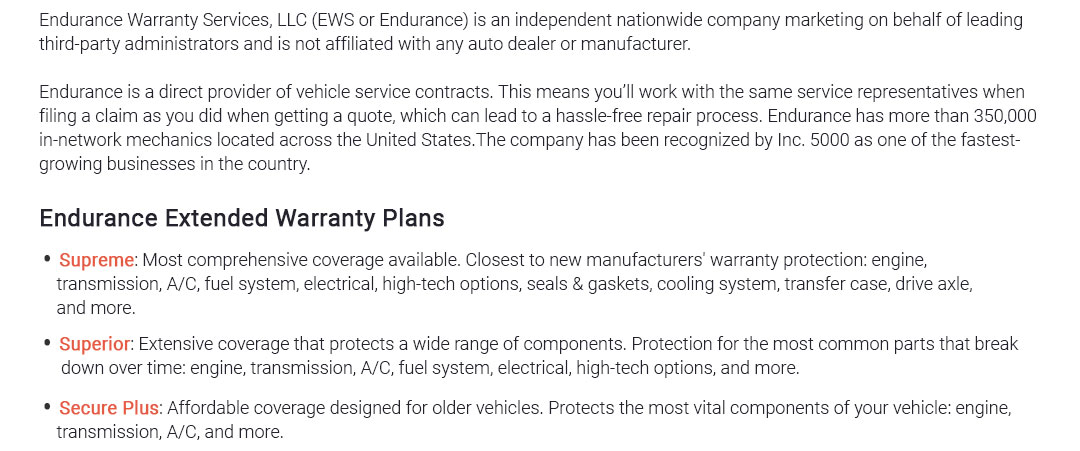 |
|||||||
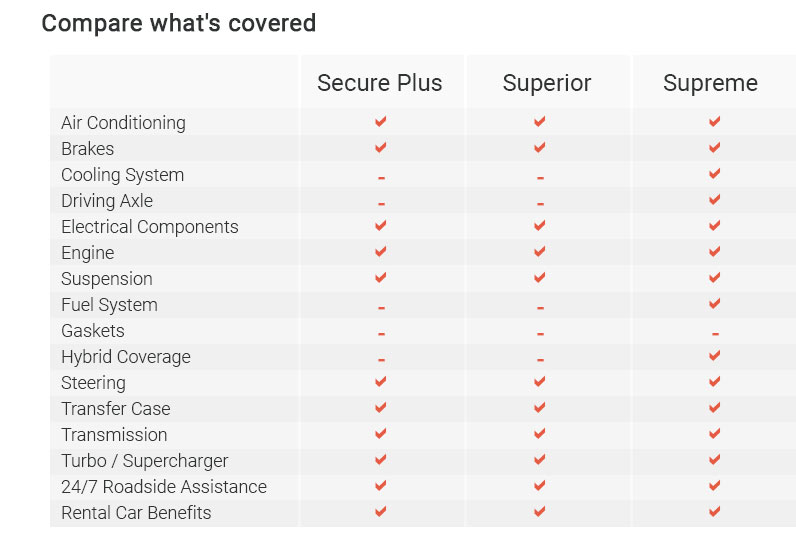 |
|||||||
 |
|||||||
 |
|||||||
|
|||||||
|
||||||
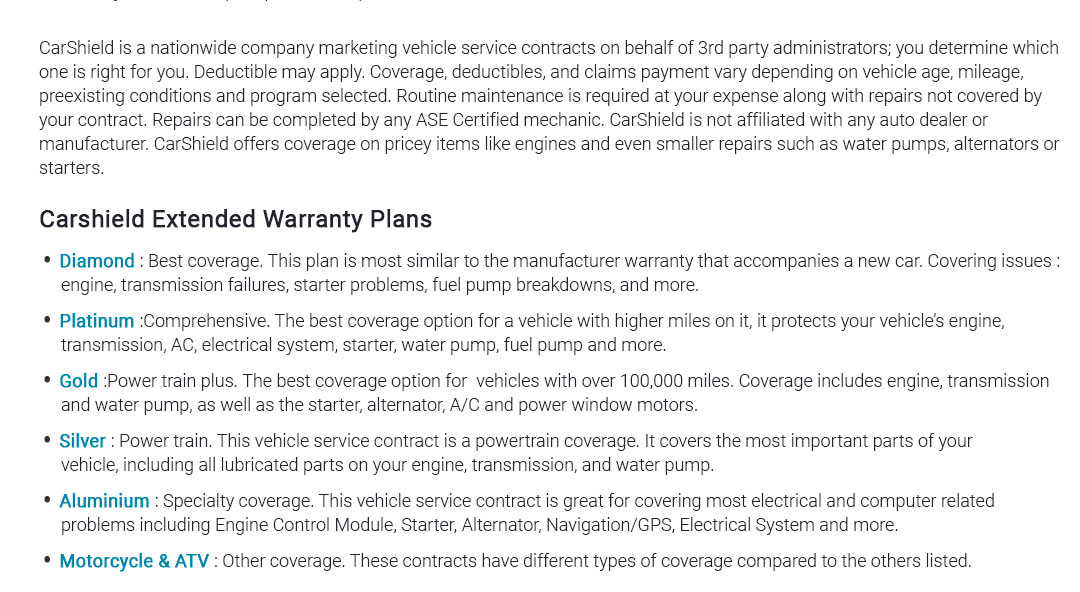 |
||||||
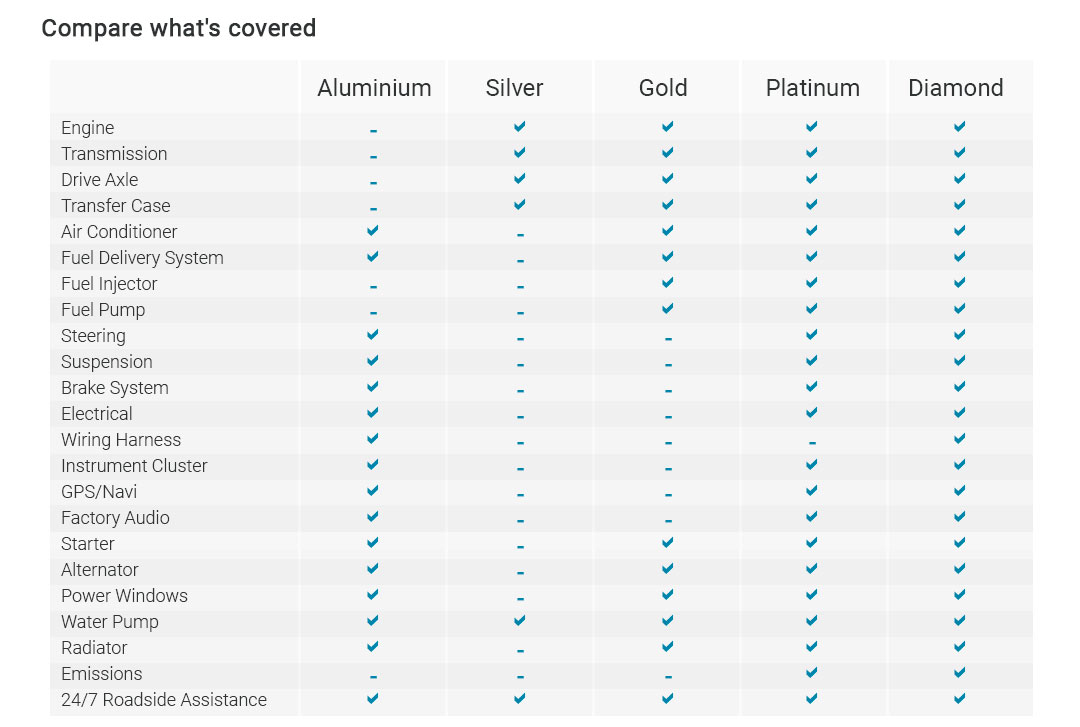 |
||||||
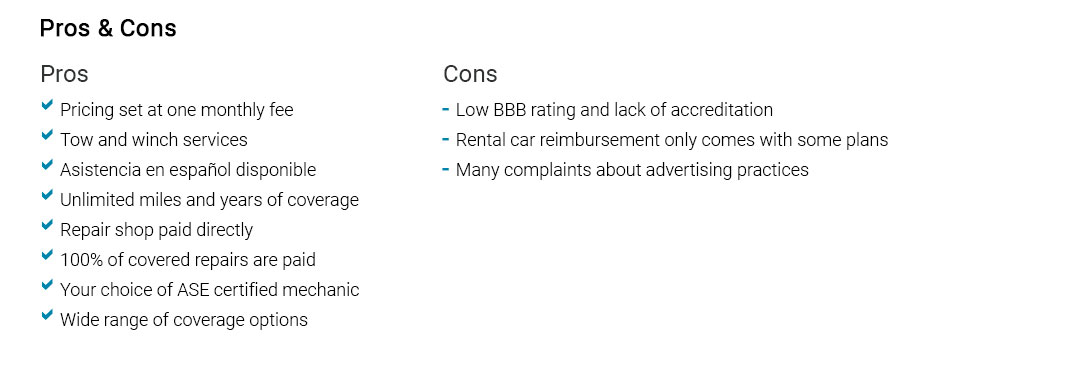 |
||||||
|
 |
 |
 |
 |
 |
 |
 |
maintenance insurance for cars that keeps you on schedule and safeYour time is non-negotiable. With maintenance insurance for cars, routine care stops being a gamble and becomes a plan. Fewer surprises, clearer budgets, safer commutes. It's not about squeezing costs; it's about protecting momentum and keeping every school run, meeting, and night drive predictable. Priority and safetyPicture 7:20 a.m. in steady rain. A brake light flickers; your heart jumps. Coverage kicks in - inspection and new pads booked the same day, small deductible, no haggling. You still make it to work, calm, and your car feels tighter, quieter, steady. What it typically supports
Choosing confidentlyScan for clear inclusion lists, trusted network garages, and flexible service intervals. Compare annual limits with your mileage. From another angle: you're not paying for paperwork - you're buying breathing room. Prioritize plans that put safety first, so your life keeps moving as smoothly as your engine. https://www.progressive.com/mechanical-breakdown-insurance/
Mechanical repair plans provide coverage for breakdown-related repairs after your manufacturer's warranty expires, or when your vehicle warranty doesn't cover a ... https://www.forbes.com/advisor/car-insurance/car-repair-insurance/
Car repair insurance is similar to an extended car warranty, but the key difference is that you buy it from an insurance company. https://www.mpp.com/
Please Note: Our customers commonly refer to MPP Vehicle Service Contracts as extended auto warranties, car repair insurance, or even breakdown insurance, but ...
|


